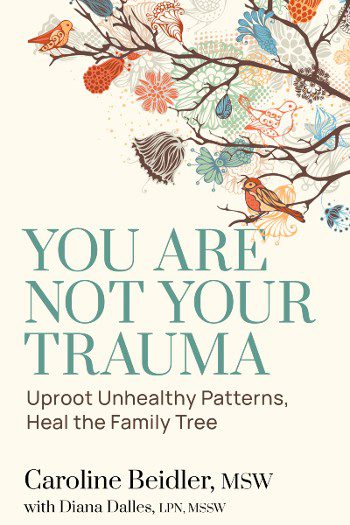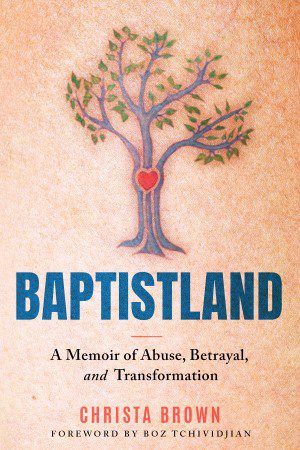On a recent and rare shopping mall trip where I live in Michigan, I stuck my head into the attached chain bookstore. I often do this as a publishing person just to get an impression of the whole of the offerings to readers in religion and spirituality through a retail venue like this store.
The first pattern I noticed was a surprising number of books by the large publishing company that I used to work for. These books were not only present, but several of them were face out, a technique to spur sales. In the case of this store, these books were at least two years old, and I knew that even then they were slow sellers.
Was this bookstore trying to move slow selling inventory from a favorite local publisher? You’d think they would have returned them to the publisher instead of letting them sit in their inventory all this time. Or had the store given up on moving books in the religion category, and to a degree given up on books in general and were hoping to sell other kinds of products?
The most striking pattern, however, was the prevalence of new books by celebrities of one form or another. Right away it seemed like undisputable evidence of what is probably the most significant content change in the book business, and one that religious publishers seem particularly susceptible to.
I would define celebrity books as those books by authors who have large online followings (often lifestyle experts) or have a strong presence on television (bachelor/bachelorette shows, co-hosted talk shows, athletes). With some exceptions—and there are always exceptions to patterns—these books lean heavily on the hope that readers have been exposed to the author, identify with the author, and want to learn more about the author’s life, experiences, and perhaps what the author thinks. The degree to which books like this offer well researched, well considered, and well articulated observations and insights is of course particularly suspect.
Publishing Religious Celebrities
Regarding religious books, celebrity books have been a good staple, in particular, of evangelical publishing for quite some time. Even in the days when this kind of publishing was dominated by male pastors (in case you hadn’t noticed, it isn’t anymore), it was more a matter of the author being a part of a large parachurch network, large church, or television ministry. The authors were indeed people with high profiles. But churches, their networks, and even religious radio and television have become more decentralized and smaller.
The one obvious change when we’re talking about religious celebrities is that now there are more women than men. In today’s digitally structured world, women have been better at connecting online and are making their voices heard in platforms that are better inclined to the world of online retail. That said, book publishing can still often fall prey to content based on celebrity than spiritual, literary, or informational merit. It would only take a matter of minutes to clump together some of these books, old or new, and see repeated evangelical messages and ideas (which is why accusations of plagiarism in this market are often so frivolous).
I’m arguing that as publishers continue to consolidate, as mass marketing evolves in such a sway that it becomes monolithic, more tepid and tamer, or more the product of only a few retail channels in the digital era, then these celebrity books have only become more celebrity driven. Maybe the jury is still out on social media algorithms, but either way, crushing market forces are pointing our eyes and ears and fingers toward only a few different places and a small handful of authors, books, and brands. It’s still big business, but it’s more homogenized.
Even if at least some of the thinking and observations here are true, then it tells us we’ve got to start paying attention to the things that are not on sale in big box stores or with companies spending the most on Super Bowl ads.
How to Engage with Real Books and Authors
I do think we have power to shape our realities, to change the world with our choices with what we pay attention to, and what we purchase. One example, and to keep things in publishing, is the local bookstore. You will find at least some curation in those stores. It was recently striking to me to see in a local store in Boston a full section of titles for LGBTQ+ and feminist interests. It’s not surprising, but it was good to see that the store owners put thought into the selection in this well stocked bookcase. You wouldn’t find that same robustness in any local store near me.
More than a shopping strategy, one approach I would encourage would be to pick a few authors you like and really follow them on social media, interact with them there, subscribe to their e-newsletter, and see what online events they might be hosting or attending. That’s one of the awesome things about publishing in our digital world, you can get better access to authors, and authors can have better access to their readers. I wouldn’t underestimate how gratifying that can be.
That bookstore in that mall had tinges of a post-pandemic wasteland experience. I feel bad about that, just a little. Things should be better when we venture out into our communities to find authentic experiences. That’s a separate struggle we all contend with, especially perhaps in suburbia. But I do know that if together we keep looking for goodness, insight, and a sense of curiosity and discovery, we’ll find them. We might need to work a little harder for it, maybe give it time, but it’s definitely there.






